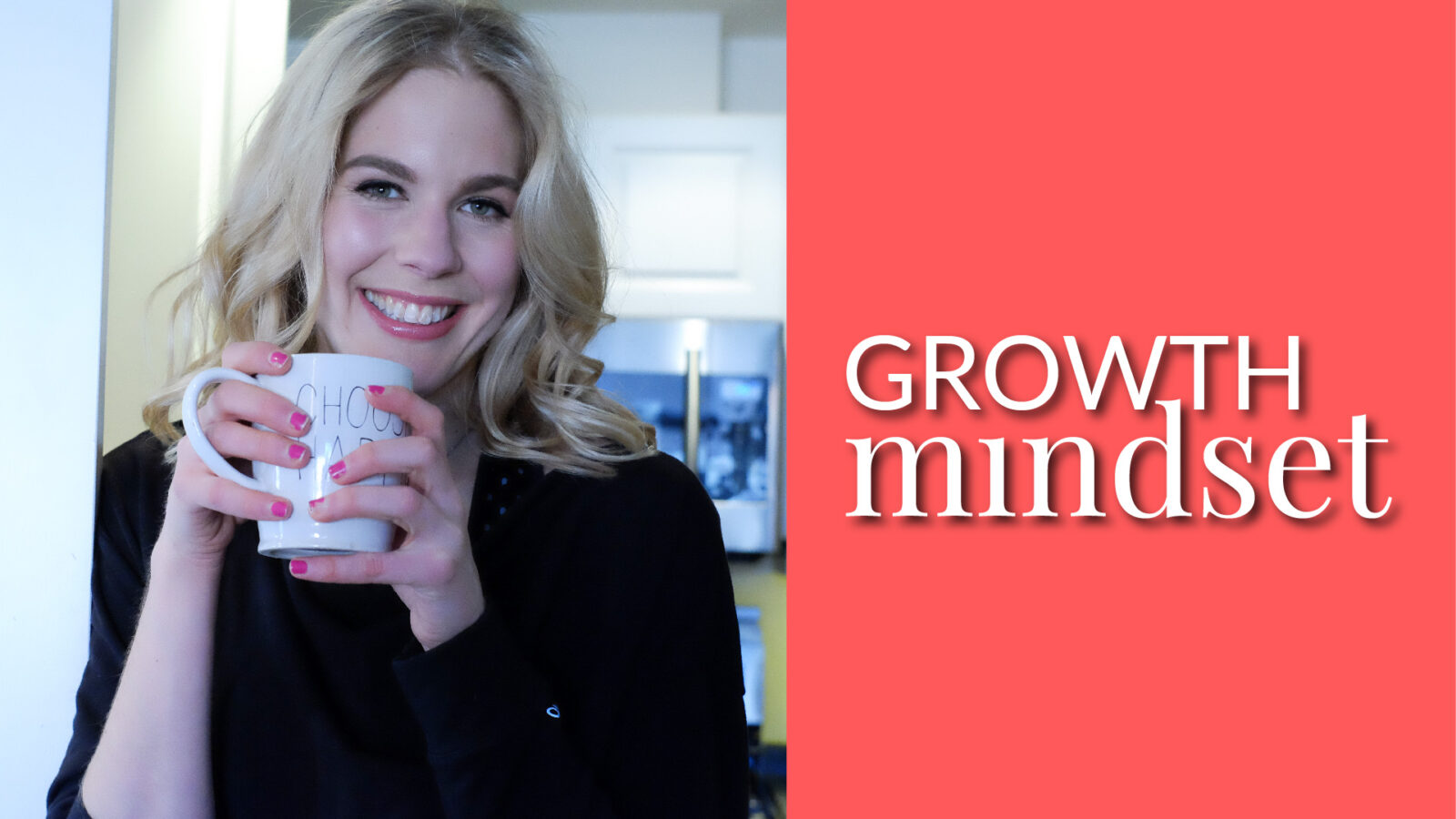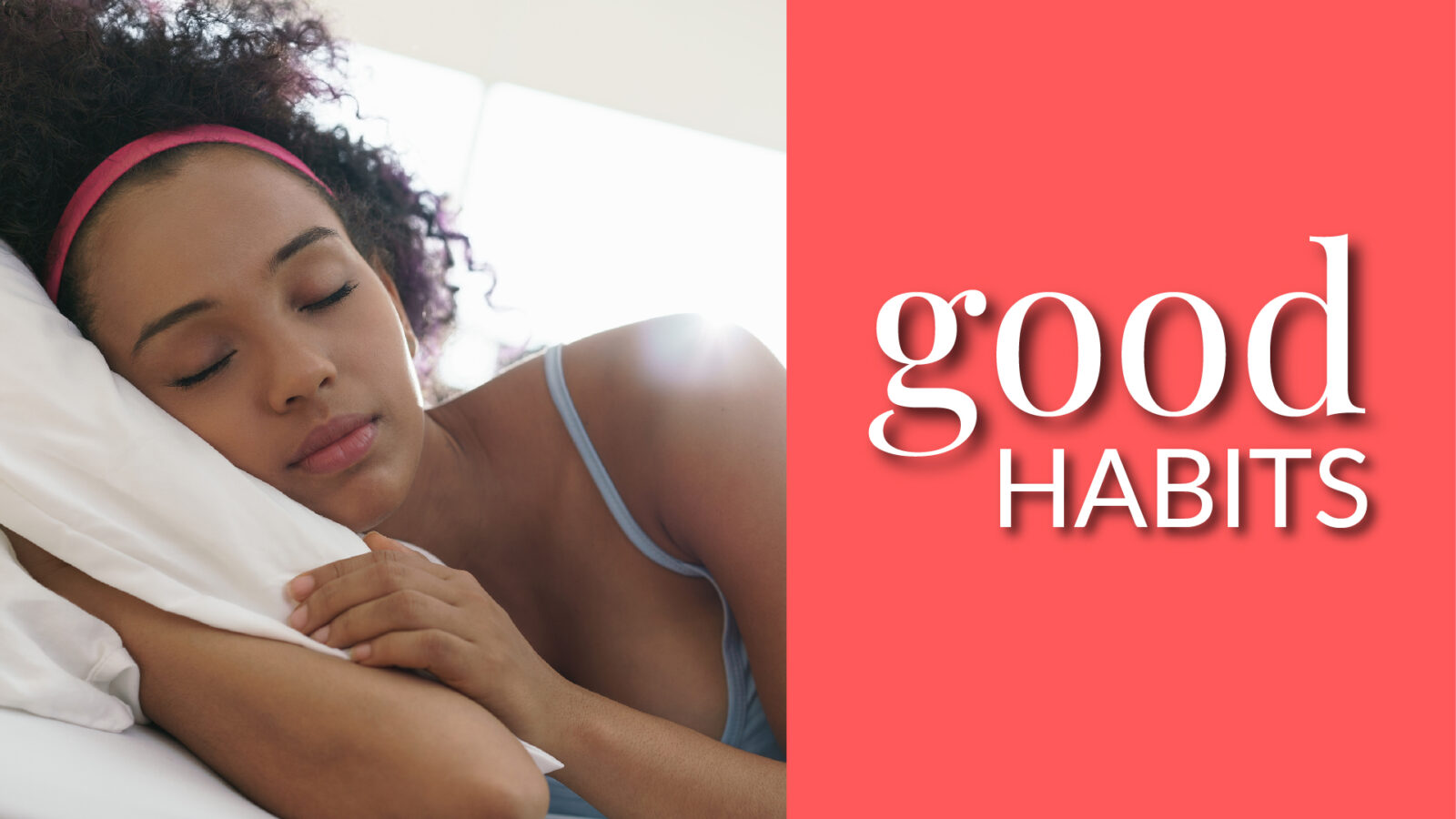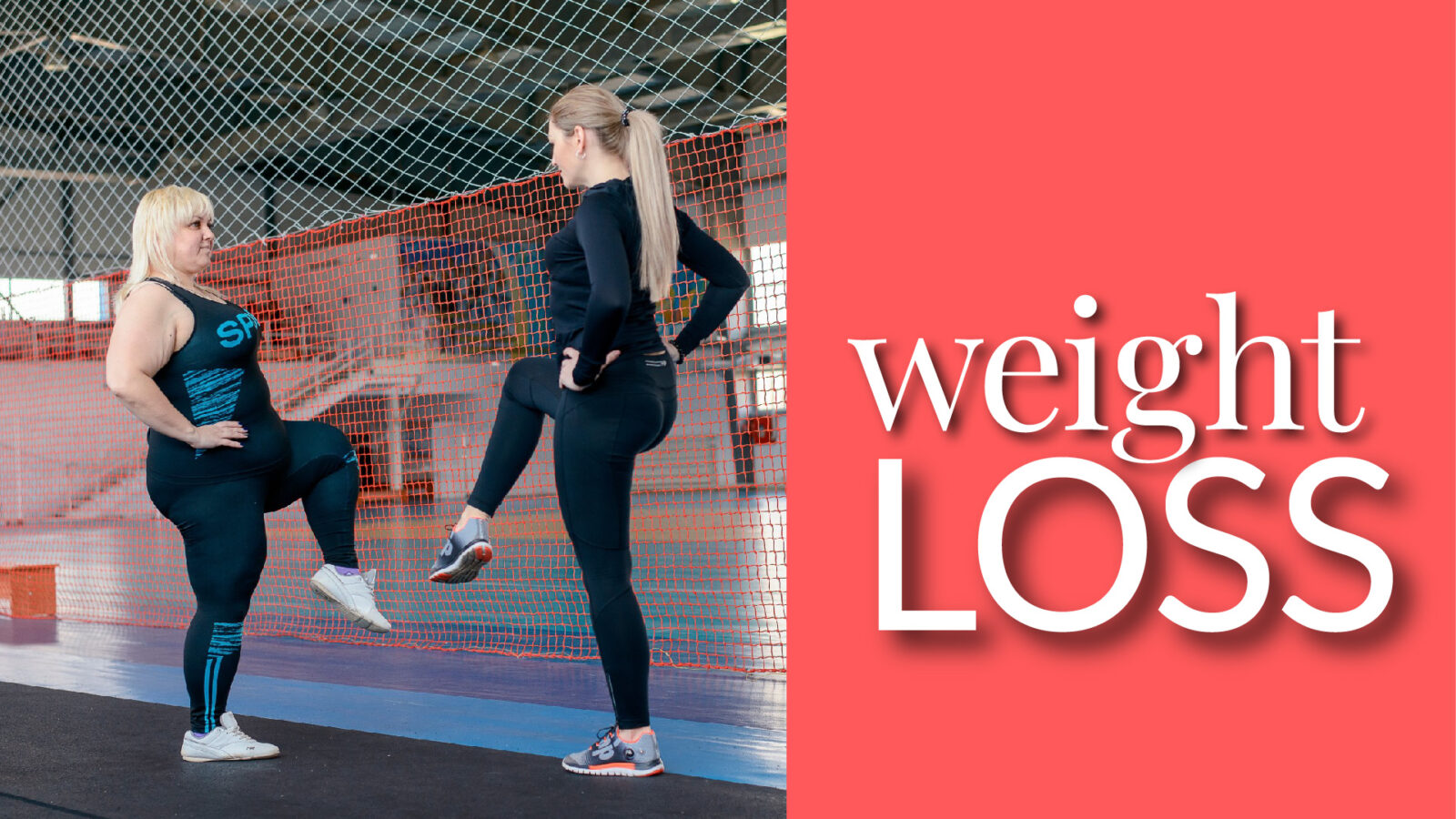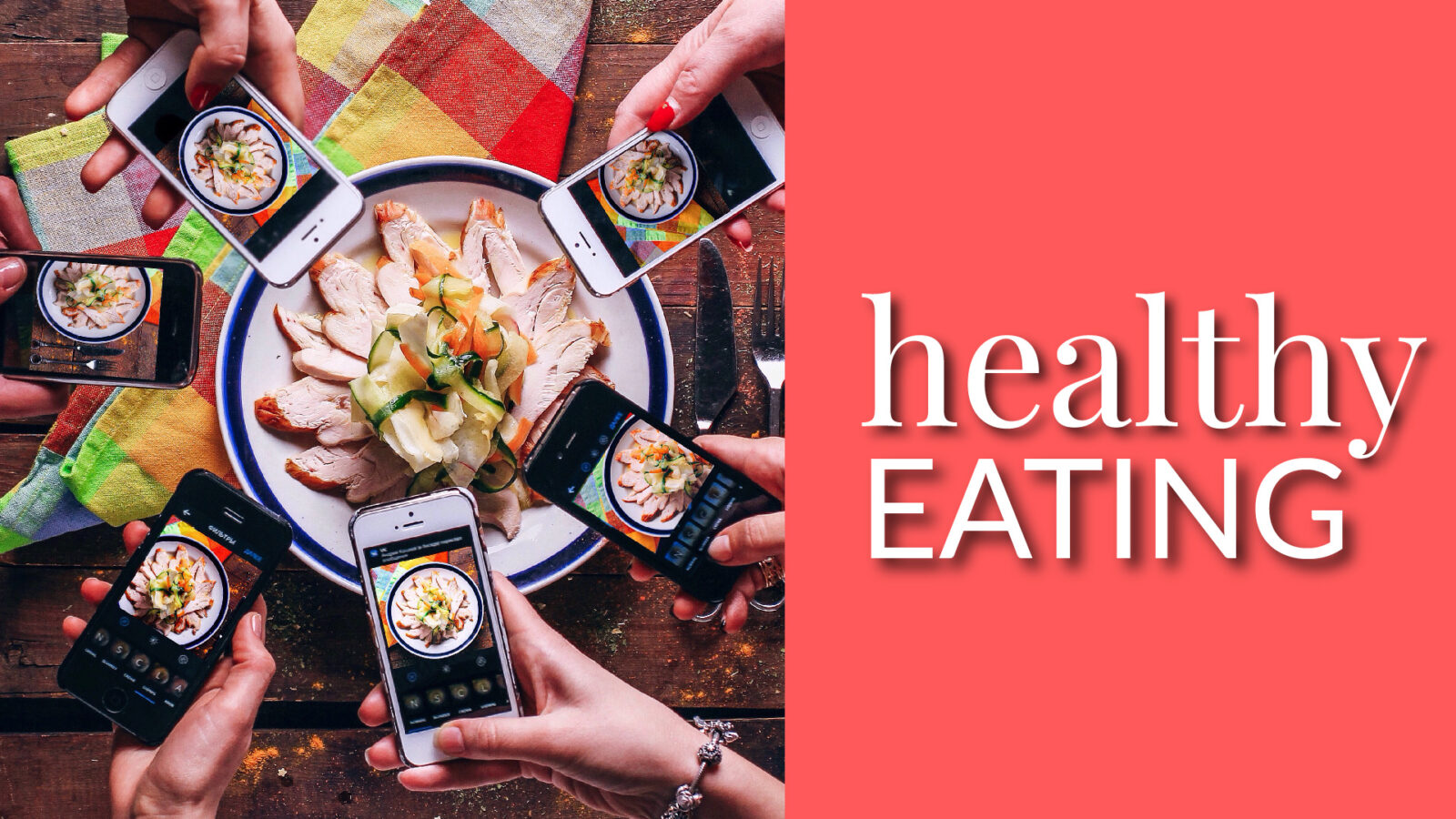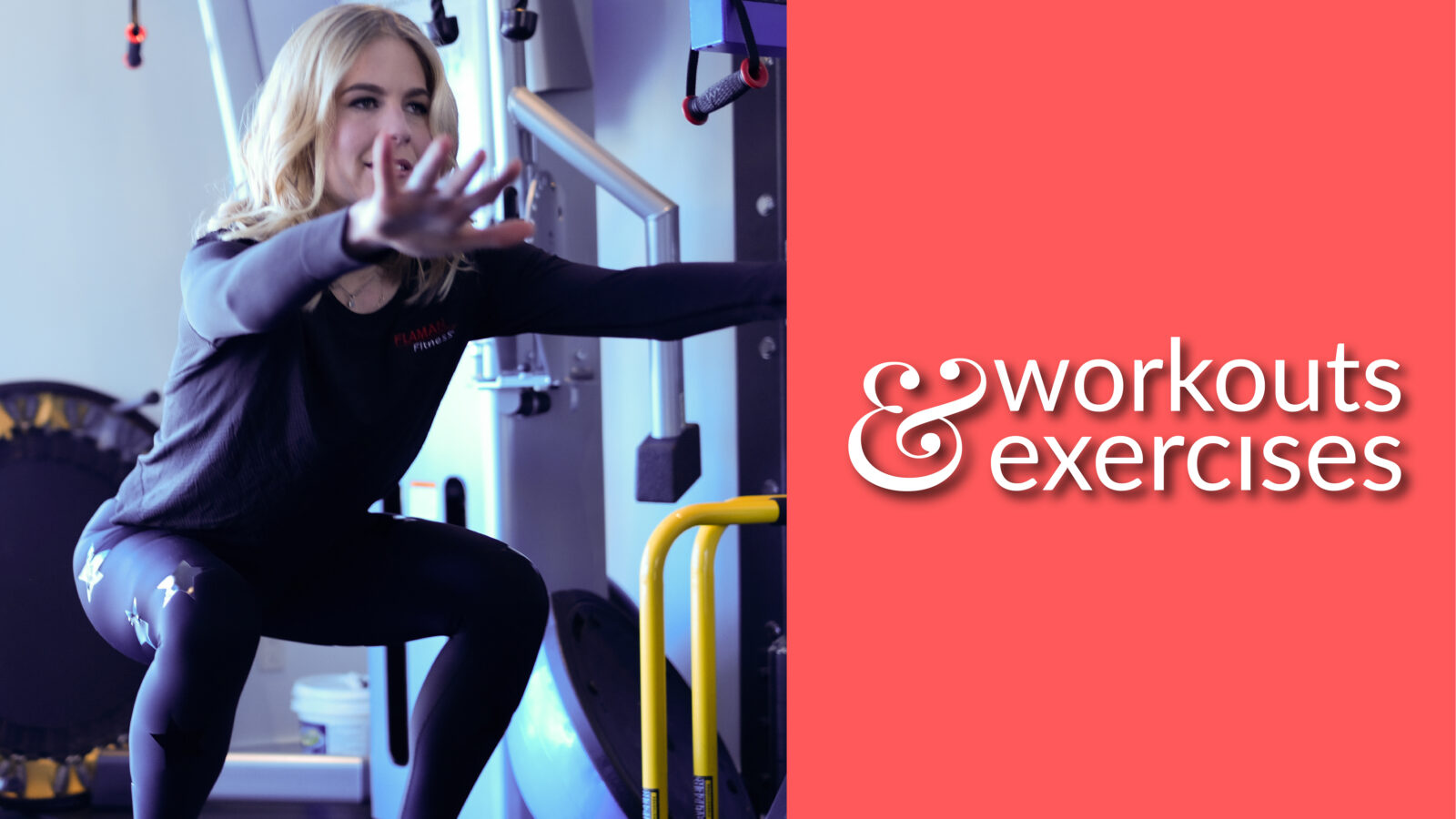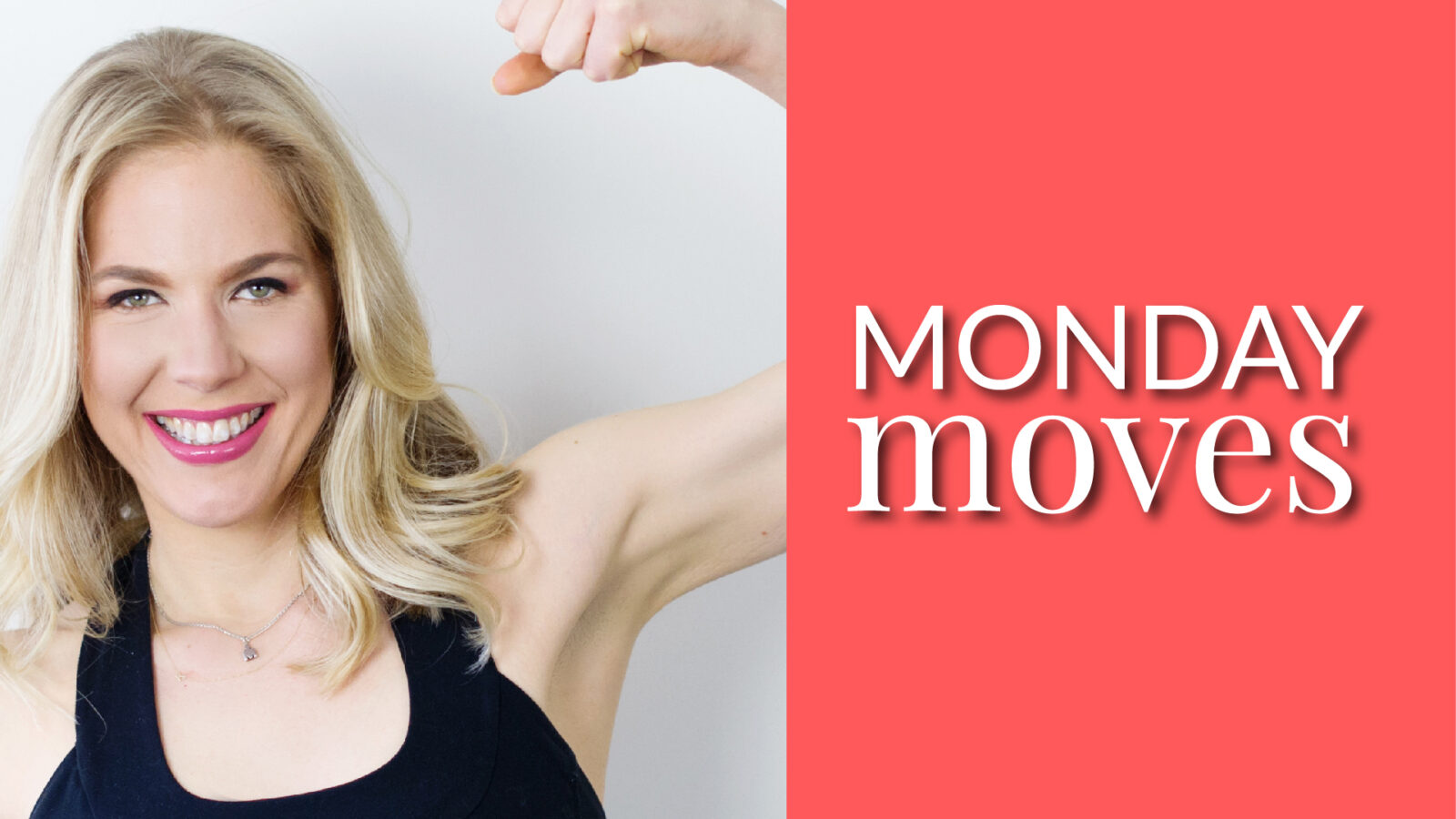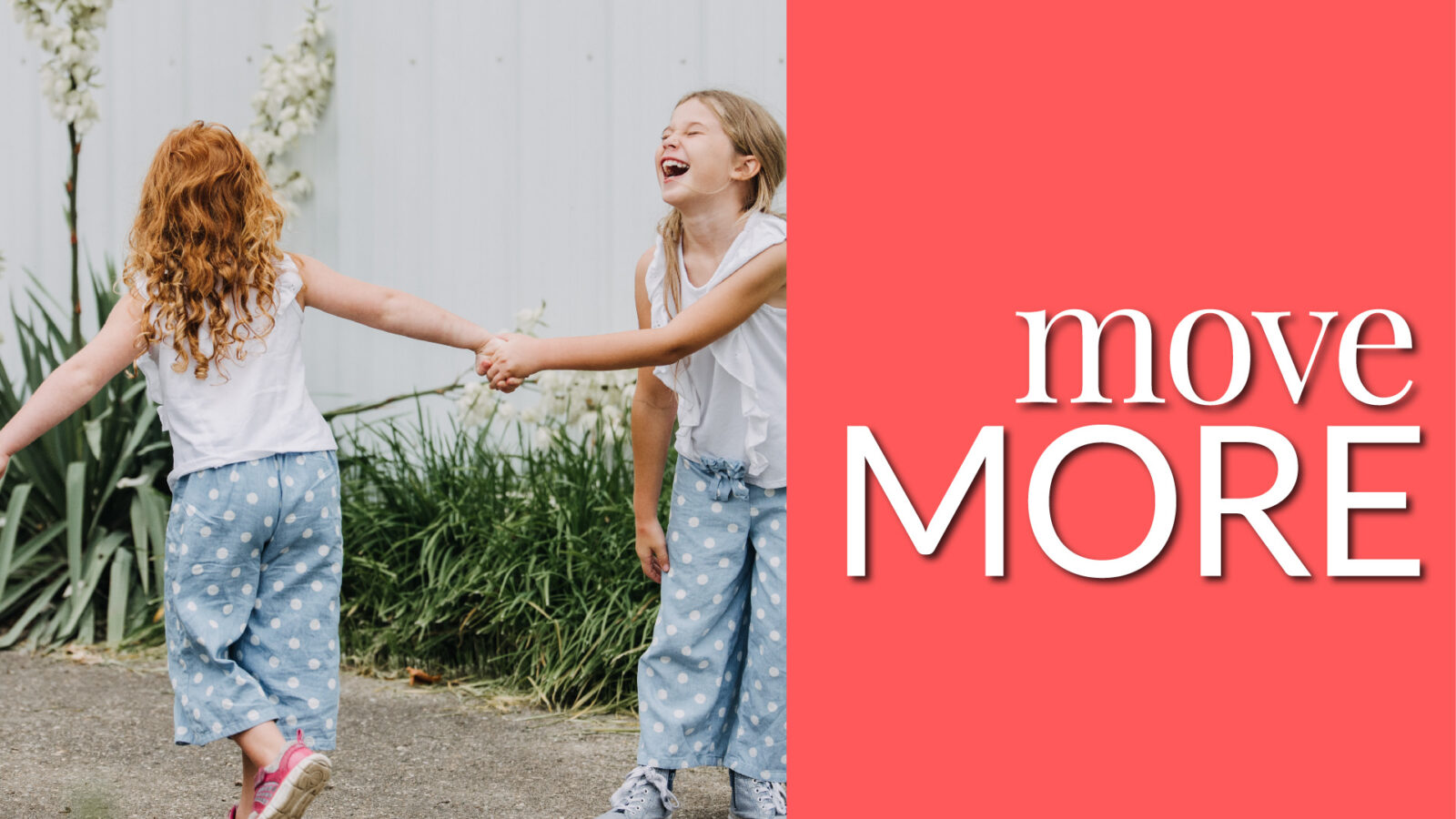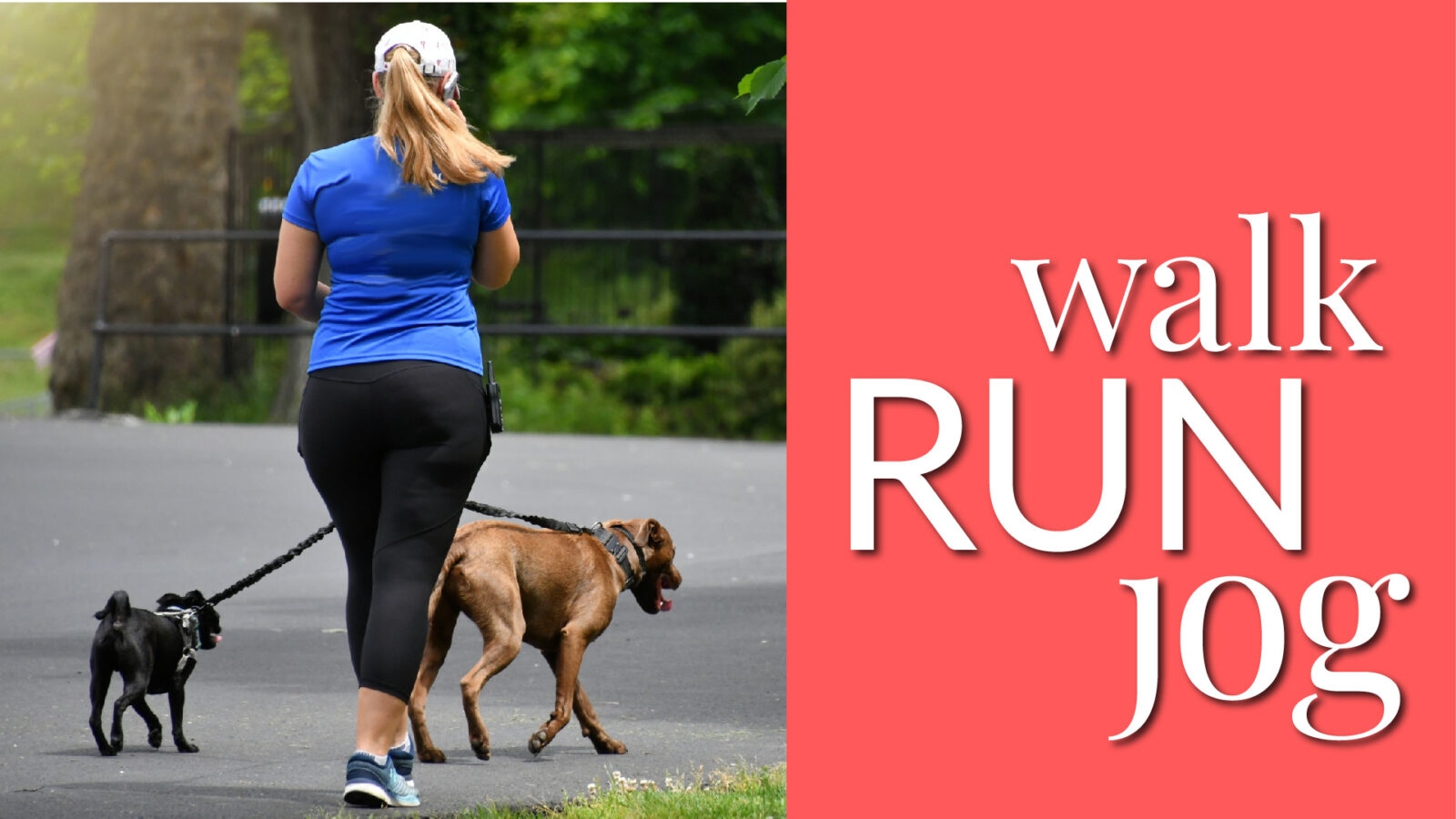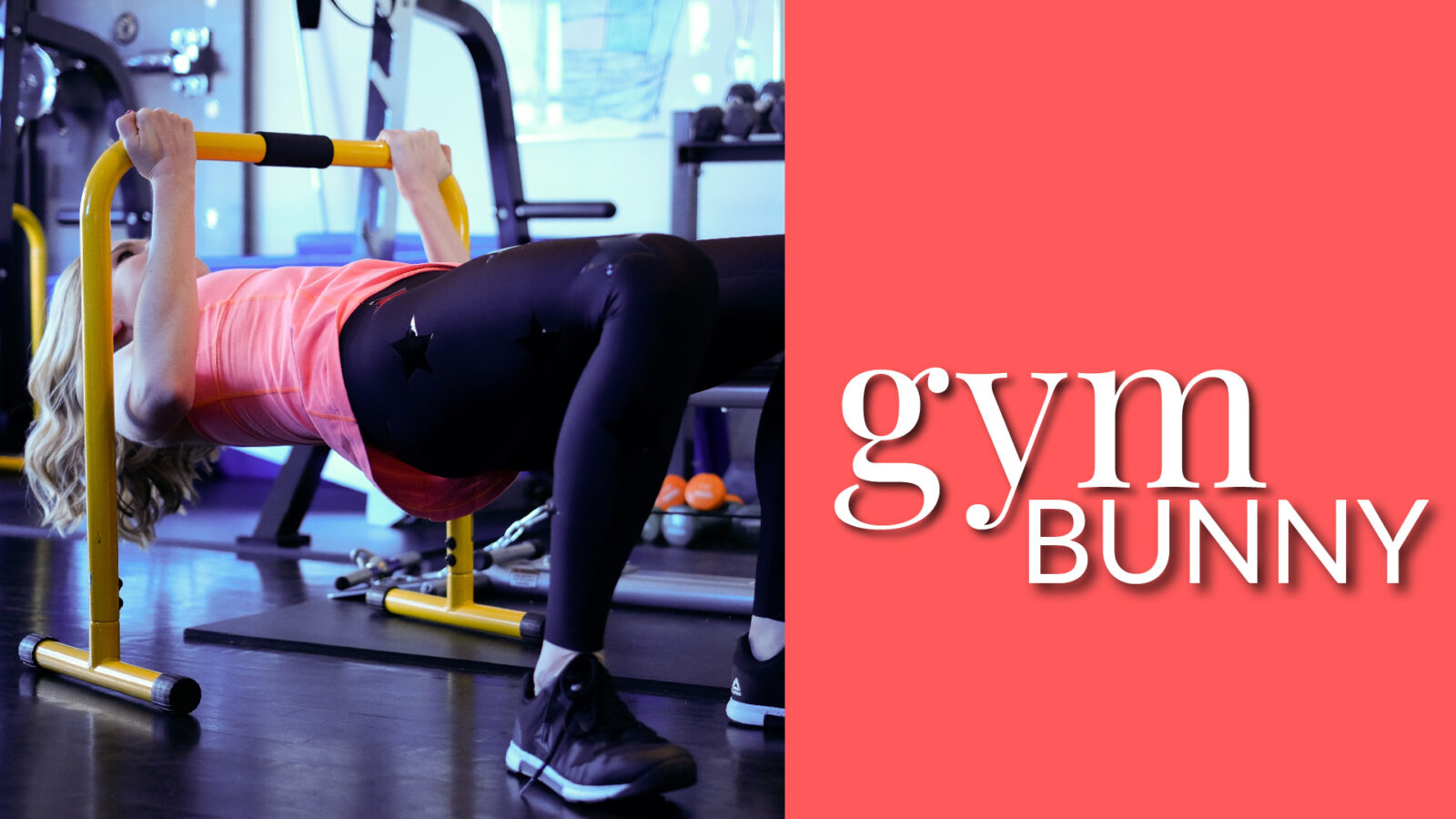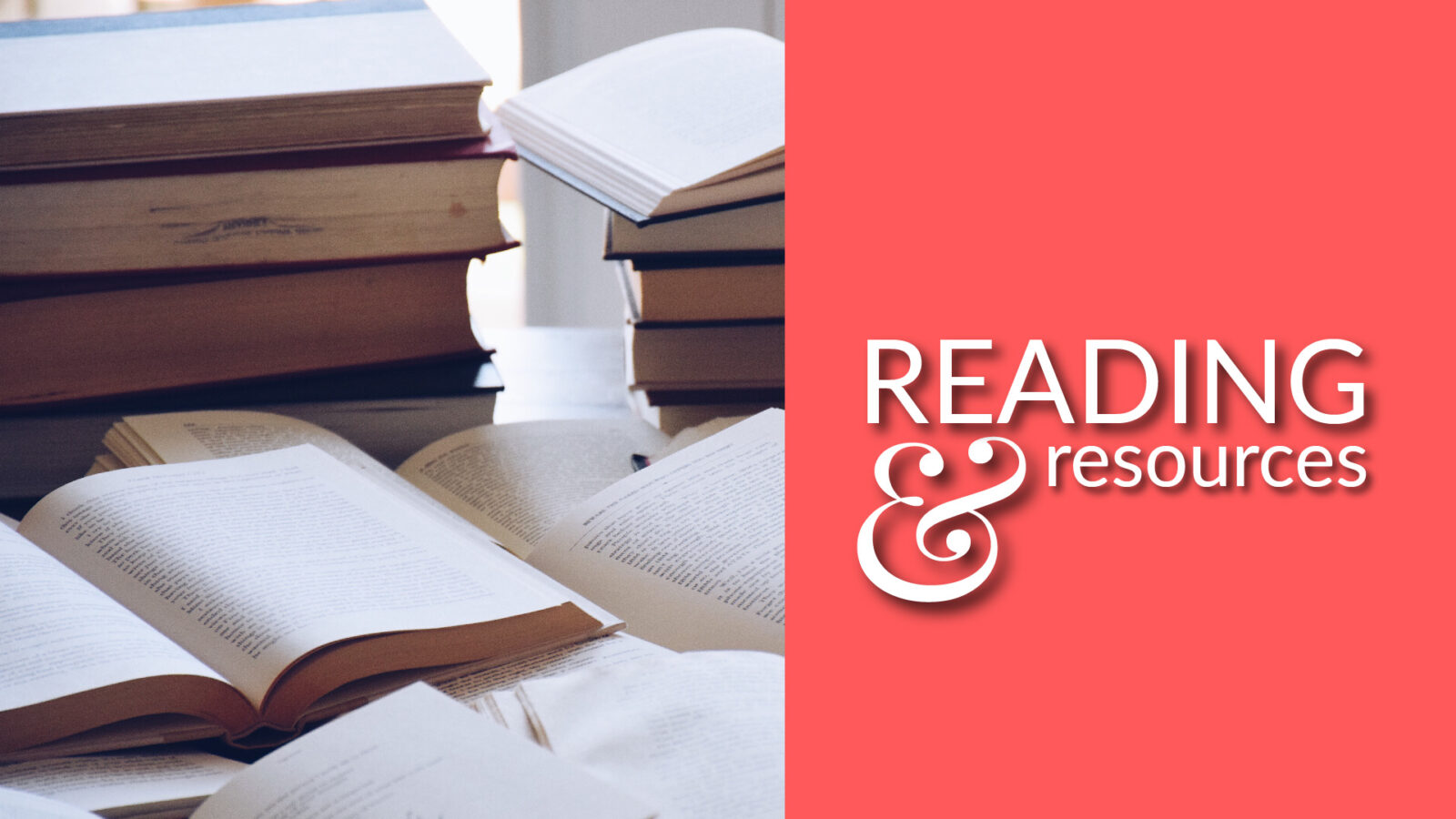Book Review: The Sleep Revolution by Adrianna Huffington
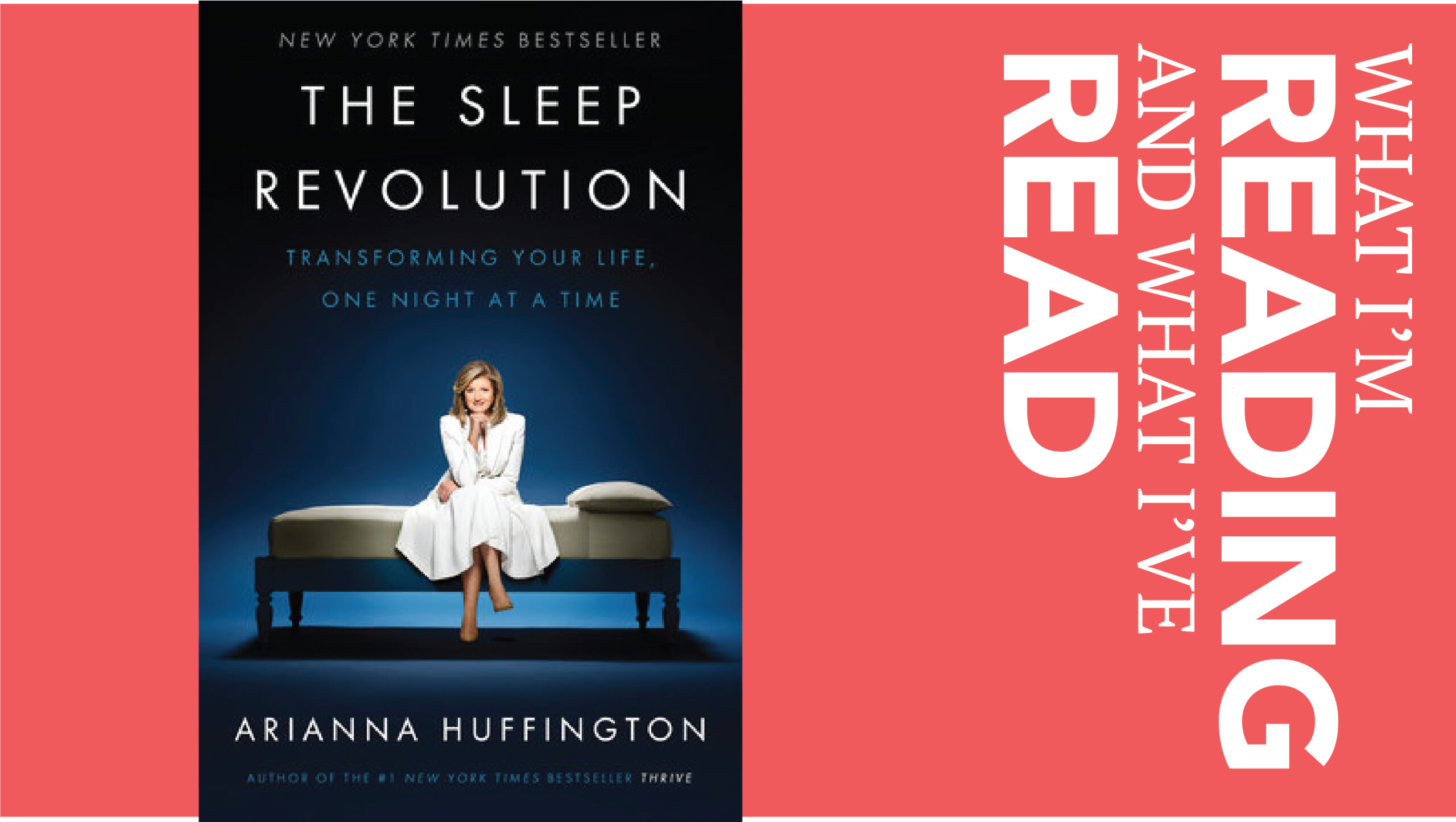
Until the summer of 2018 I considered my “workaholic, A-type, dedicated, never give in to sleep” personality a badge of honour. Sure, I intellectually knew sleep was important, but I guess I figured that since I didn’t drink, smoke, eat fried foods, etc, that I could sacrifice sleep. I am self-employed and really loved my job …. What was a little chronic exhaustion? Silly Kathleen!
In the summer of 2018 I had a mindset switch. You can read my full transformation backstory here, but the net of it is that I realized I needed to play the “long game” and prioritize sleep. Sleep could no longer be thought of as “empty time” — a “when I can fit it in.” Sleep had to be thought of as a “non-negotiable,” just like exercise. Why? Sleep is when the body and brain regenerate, memories consolidate, cognitive functions are maintained, muscles and tissues repair, and hormones are rebalanced.
Fast forward to February of 2019. I was asked to participate in a sleep panel for Zoomer TV. Perfect timing. Preparing for my segment required researching sleep — including reading books like The Sleep Revolution. The result? I am re-motivated to prioritize sleep. (Even trainers need a little motivational nudge once in a while to stay committed to our health goals.)
Is this book for you? If you need a little “push” to prioritize sleep then it might be — the text is light but informative. That said, if you want the main take-aways without investing in the full read, consider listening to Adrianna on The Tim Ferriss Show and reading this review — my biased view is that I captured most of the main points!
Main take-aways
Trying to motivate yourself to exercise? Get more SLEEP!
Sleep and exercise have a wonderful symbiotic relationship. The more you sleep the more likely you will be to exercise. The more you exercise the more likely you will be to get consistent high-quality sleep.
Why? The more you sleep (and the better the quality of the sleep you get) the more energy and motivation you will have to exercise. Your body and your brain recover while you sleep. Your brain will be more alert, and your body will feel less achy and lethargic if you consistently get enough sleep — especially if you get adequate time in deep sleep. (Exercise helps facilitate more time in that deep sleep — another “win” for exercise.)
The awesome part is, the more you exercise, the better your sleep will be. Exercise helps decrease the time it takes you to get to sleep, improve the quality of your sleep, reset your sleep/wake cycle “circadian rhythm” (especially if you exercise in sunlight in the morning), decrease symptoms of sleep disorders such as sleep apnea, and manage stress and anxiety (which will help you sleep, especially if you have insomnia from anxiety). Plus, if you time the workouts correctly, ending roughly two hours before bed, the gradual decrease in body temperature post-workout can help lull you into a sleepy state.
Blah, blah, blah …. GO WORKOUT!
Trying to lose weight? Get more sleep!
People who average less than 6 hours of sleep a night are 23% more likely to be overweight.
People who average less than 4 hours of sleep a night are 73% more likely to be overweight.
Why?
Health is always multifactorial, but two variables that contribute to the connection between weight and sleep are hormones and the amount of time available to eat/calories consumed.
The less you sleep the less leptin you produce, the hormone that tells your brain you are full. The less you sleep the more ghrelin you produce, the hormone that tells your brain you are hungry. The less you sleep the less orexin you produce, your activity hormone.
All bad news bears — the less you sleep the less active your hormones will want you to be, the hungrier your hormones will make you, and the less you will be able to resist food.
Plus, for most of us, the more hours we stay awake the more we eat. We eat to keep us alert as we work, because we are bored or watching TV, because we are out being social, and/or because we drank and thus our “no thank you” muscle got weaker.
I always tell myself when I want to nosh after dinner, “Nothing healthy is ever eaten after 8 PM. Go to BED or phone a friend. You are not hungry. You have had dinner. You might be lonely or tired — so phone a friend or go to bed — but don’t go into the kitchen.”
Concerned about your memory? Feel foggy most days? Get more SLEEP!!
Are you sensing a theme?
Think of sleep as an “overnight cleaning service for your brain.” Better yet, a “car wash for your brain.” (I love imagining soap suds and swirling cleaning belts making the inside of my brain sparkle like new.)
This cleaning service (your glymphatic system) is — surprise, surprise — more active when you sleep …. 60% more active to be exact.
Concerned about your heart? Have high blood pressure? History of cardiovascular disease? You guessed it …. SLEEP!!!!!
Your risk of dying from cardiovascular disease increases by 45% when you don’t sleep; sleeping lowers blood pressure and after long stretches of not sleeping your veins stretch and structural damage occurs.
The bottom line is, sleep has to be a priority. Is a linchpin habit, a “top domino” — improving the consistency and quality of your sleep will cause a positive health cascade including improved cognitive function, memory, cardiovascular health, mental clarity, energy, and motivation to exercise!

